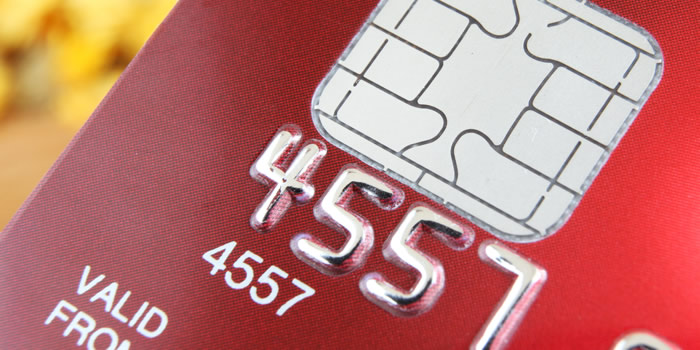
Credit cards are a useful financial tool when used responsibly. It’s when you use your credit card irresponsibly by constantly carrying a balance that you can run into trouble. Millennials, who are already dealing with skyrocketing housing prices and stagnant wages, are avoiding credit cards in record numbers. This is leading to the lowest average credit score of any generation, finds a recent study by Experian.
Bottom of the Pack
Millennials (those between the ages of 18 to 34) are a generation known for being frugal and their willingness to share everything from bicycles to clothes. However, having the lowest credit score out of any generation, is one honour not to be proud of.
While the average credit score for millennials is 625, over a quarter of millennials (28 percent) have a credit score lower than 579. Credit scores typically fall between 400 and 900. Credit scores above 600 are considered good, while those above 750 are considered excellent. If millennials continue to shun credit cards, this number isn’t likely to improve.
Lack of Credit Education
Why are millennials so fearful of credit cards? With TV shows like Til Debt Do Us Part about couples up to their eyeballs in debt, it’s leading to many young adults avoiding credit cards. Another mistake millennials are making is applying for the wrong credit card and getting turned down.
With the lack of financial literacy in our high schools, it should come as no surprise millennials are fearful of credit cards. While millennials are used to hearing the horror stories of credit cards, many are unaware of the benefits of credit cards. When used responsibly, credit cards are an excellent way to build a solid credit history. If you plan to own or rent an apartment, house or car, maintaining a healthy credit score is vital. Some employers are even using credit scores when vetting job candidates.
A major concern for millennials is the rising cost of post-secondary education. The average student will graduate $27,000 in debt, according to the Canadian Federation of Students. Millennials are making student debt repayment a higher priority than signing up for a credit card. This is different from Generation X, who made signing up for a credit card a top priority. In fact, almost a third of millennials have never signed up for a credit card.
While most millennials have applied for credit, many are doing it for the wrong reasons. Almost half (48 percent) admitted to applying for credit due to advertising or a promotion. For example, if you don’t plan to travel, it doesn’t make sense to apply for a travel rewards credit card. Likewise, if you don’t own a car, it doesn’t make sense to apply for a gas credit card.
The Bottom Line
Before you sign up for a credit card for the first time, it’s important to be properly educated to avoid the pitfalls of misusing credit cards. Credit cards are a great way to build a solid credit history and earn rewards points, but if you run a balance, watch out! If you’re signing up for a credit card for the first time, be sure to stop by our Credit Card Education Centre for a wealth of information on the basics of credit cards.




